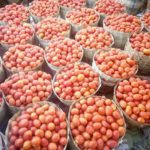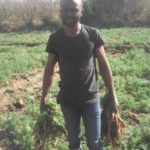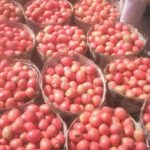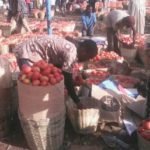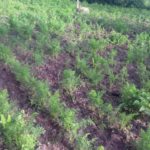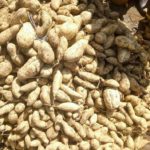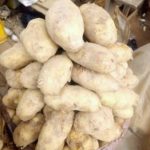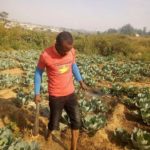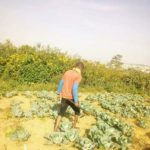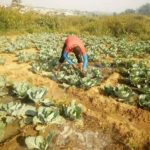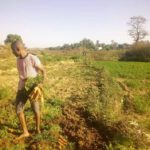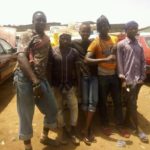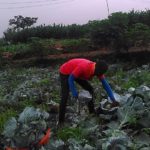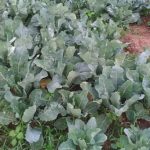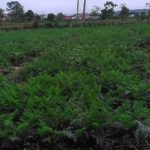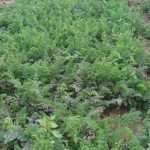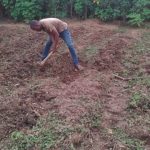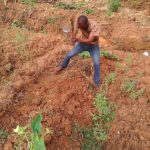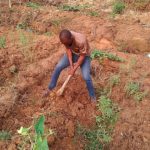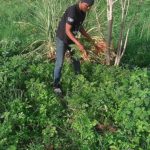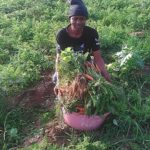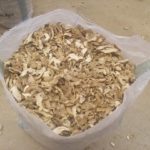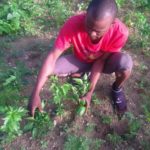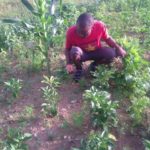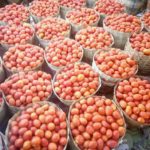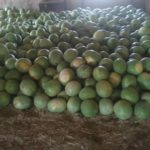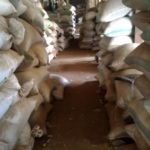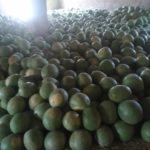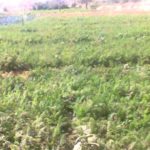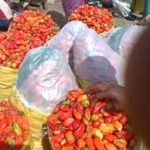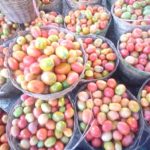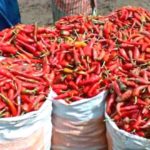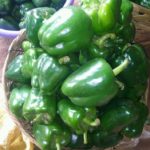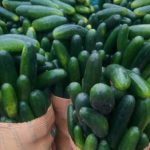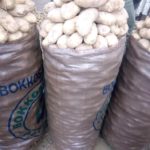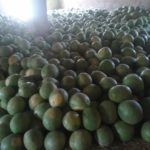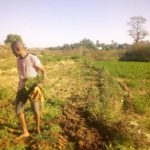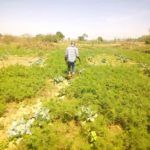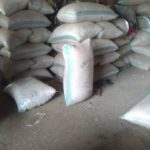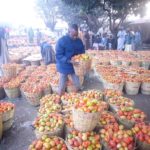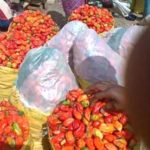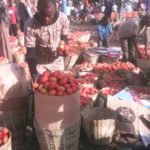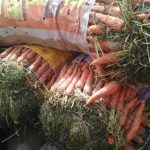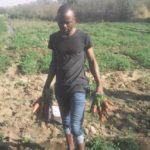Royal Africa Farms
“Agriculture is adjudged as the bedrock of wealth distribution and global prosperity which is able to free Africa from unemployment, hunger and poverty”-Ooni of Ife
The Royal African Farm
Pre-1960 of Nigeria was a global greener cash-crop that was dispensing wealth across families, communities, institutions, urban areas. Nigeria rich soil was producing several precious agricultural commodities such cocoa, rubber, cashew, timber, etc. The modest 24 storey high-rise structure, first skyscraper in Africa that was built in Ibadan, Nigeria was called “Ilé Àwon Àgbè” (i.e. “House of Farmers”) which is now popularly known as Cocoa House. It was the tallest building in Africa in the 1960s. The regional administration of Awolowo was gratified to announce to the world, in the era before the discovery of Oil Boom, that Cocoa House was built entirely from proceeds of international trade in agricultural commodities such as cocoa, rubber and timber.
This footprint brought so much overwhelming optimism to the vision of the future of Nigeria as one of the strategic largest exporters of farming products across the world. The fineness and superiority of Nigeria Agricultural vision, policies and practical implementation provided huge foreign exchange earnings to the national prosperity and conferred on her the mantle of big brother Africa spreading wealth across the continent.
Rebuilding the vision of the
future of Nigeria remains the central proposition and mission of The Royal
African Farm of His Imperial Majesty’s (H.I.M), Ooni of Ife Global Outreach
(OIGO). According to His Imperial Majesty (H.I.M), Ooni of Ife, “Farming
is a potent source of livelihood which commands investment, skilled labours,
and productivity for its nations and global community. No nation can survive
without it”. Farming remains the broader catalyst to achieving the
United Nations (UN) Sustainable Development Goals of 2030 which aim to
eradicate unemployment, hunger and poverty. Economic prosperity of Africa and
global nations will only be achieved through Africa food security. Global food exigencies
are progressively building on daily basis and structurally, Africa becomes the
beacon of hope that will salvage global hunger with Africa’s food and
agriculture market valued at US$1 trillion.
Promoting agropreneurship,
agrobusiness, agroprocessing, export substitution initiatives and trading have
been a major policy statement of His Imperial Majesty (H.I.M) since His
ascension as the foremost Royal Father in Africa. His policy provides immense
supports and helps fulfilling the aspirations of small and medium holders’
farmers and young emerging farmers with entrepreneurship dreams. It becomes a new
multi-purpose vehicle which create employment development for graduates of
higher institutions in Nigeria, rebuilding national economic security, and
upholding the immemorial tenets of traditional institutions and its sacred
authority on Agriculture. Royal African Farm has become a national and
international space of support for local farmers in various communities across
Nigeria to achieve market value, quality production, and rapidly support the
multiplication of quantities of agricultural communities.
Royal African Farm (RAF) is
positioned with technical proficiencies, financial and immense wealth of
knowledge of modern innovation and materials of culture that would enhance
farmers crops development, building massive interface and management for
livestock and fisheries and to spur farmers to enjoy land explorations through
their entrepreneurial spirit.
ROYAL AFRICAN FARMERS’ NETWORK (RAFN)
Royal African Farm (RAF) prioritizes enabling economic security space for smallholders’ farmers through Royal African Farmers’ Network (RAFN). Decades have shown the challenges that many smallholders farmers are facing which ranges from lack of link to local markets where they can sell their commodities to exploring the development of innovation to access global international buyers. Royal African Farms is well entrenched to push up opportunities for markets development for farmers, providing them with huge networks for sales by connecting farmers to off-takers, buyers of different products, and retail institutions.
Royal African Farm (RAF) leverages on its various devices to shape farmers’ ambition from production to supply chain leaving no one behind. Farmers have unique networking medium with others building a formidable cosmopolitan cooperation creating affiliation with buyers of commodities. Through its efficiency, farmers are helped to gain access to the required finance through small investment as well as providing up-to-date modern training that would bolster farmers potential and dreams of social-economic development.
ROYAL AFRICAN ENVIRONMENTAL SUSTAINABILITY (RAES)
Royal African Farm (RAF) promotes the United Nations (UN) Sustainable Development Goals on Environment shaping the management of spaces such as water resources, afforestation, grazing fields, tree plantation, and deconstruction of notions of desertification where soils are being destroyed. Through the benefits of institutional relationship and partnership, we engage in campaign that protects environment, providing range of supports and interface for communities and locales interface on the issues and benefits of afforestation. The numerous benefits of afforestation include addressing environmental degradation, more especially desertification, deforestation, erosion and flooding as well as reducing the effects of climate change.
Understanding regulatory frameworks is very critical to farmers success stories and we help to advance basic knowledge development on afforestation which can aid increase supplies of forest products for local consumption and supporting of local enterprises, income generation from the sale of timber and non-timber products, enhancement of fuelwood availability, employment creation, and expansion of raw materials base for industrial development.


